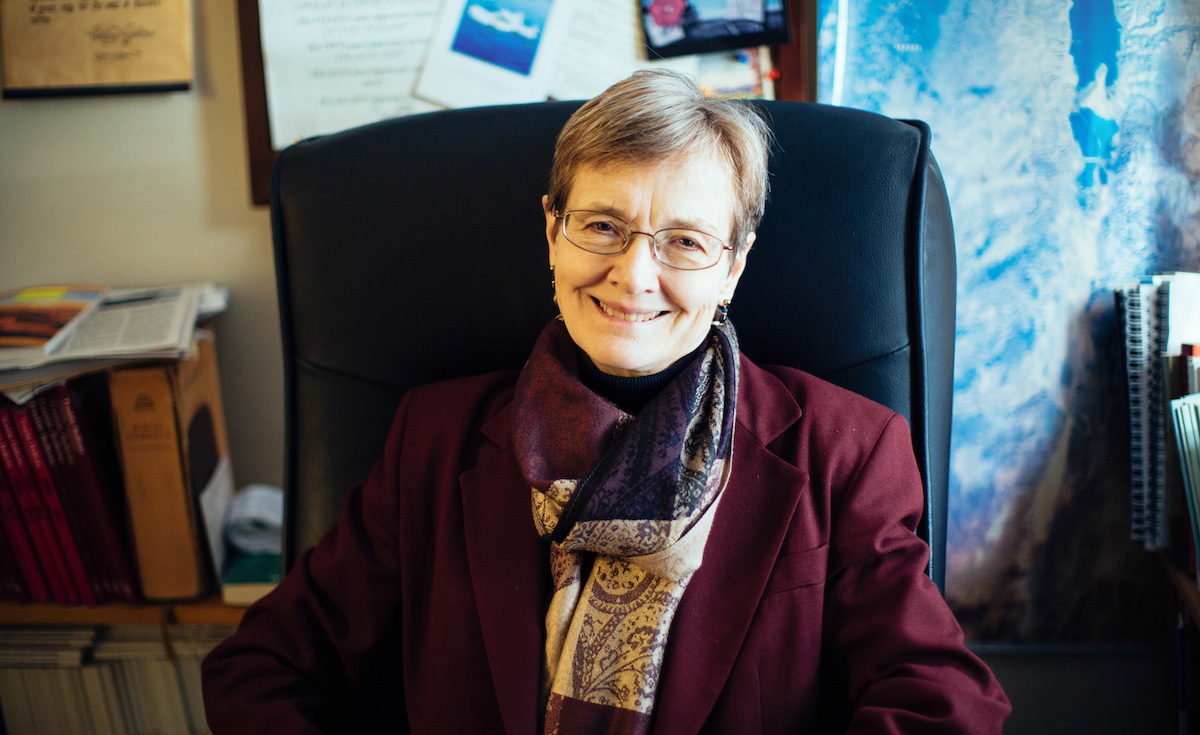4 Ways to Live with More Wisdom
Though valuable and immensely practical, we rarely see wisdom covered in any online publications (although you can find “34 Computer Accessories You Didn’t Know You Needed”). This is not altogether surprising. The topic over which philosophers slaved and to which a whole section of the Bible is devoted isn’t very common in 21st-century conversation. Perhaps because it is so difficult to pinpoint.
However, as Elaine Phillips, Harold John Ockenga Professor of Biblical and Theological Studies, said in her Wisdom Lecture hosted by the Center for Faith and Inquiry last Thursday: “We get to choose on a moment-to-moment basis, whether we’re going to do something that will encourage our flourishing long term or whether we’re just going to fizzle . . .”
Drawing from her words, here are four ways we can go about living wisely and, by extension, encourage others to do the same:
- Put down the phone for a moment and enjoy the silence.
With a flick of a thumb, you can find yourself wandering through endless social media feeds. Why take up an arduous task like pursuing wisdom that requires pausing and self-reflection when other things come so much more easily? But easy entertainment is not just an issue for young adults; Phillips pointed out that the tendency to be distracted from valuable pursuits is an inter-generational problem. So, there is value for us, in every stage of life, to eliminate distractions to make time for the things (like reflection) that are sure to make us wiser people.
- Create and preserve sacred spaces.
Few places are considered sacred in modern America. Churches are even gutted and made into condos. But how are we to properly fear the Lord, the beginning of wisdom according to Proverbs 9:10, when we do not adequately set apart certain spaces for worship and prayer? “I’m not saying Chapel can never be used for something else,” says Phillips. “But let’s create sacred spaces.” We can even create spaces for worship and reflection in a small apartment or on a familiar, wooded trail.
- Worship, study Scripture and pray with others.
Practicing communal prayer and worship can be powerfully unifying, especially when acknowledging the shared hope that Christians have in Christ. “We can do these things together and get past this insularity that captivates some of us,” Phillips said, “because we have a hope that cannot perish. But we’ve got to keep reminding ourselves of it. What better way than to worship together?”
- Sing truth.
Perhaps there is a reason that Psalms, a collection of songs, is the longest book in the Bible. Phillips notes that “sung truth is oftentimes much more penetrating into our hearts than simply spoken truth.” By incorporating more Scripture through song we can internalize more of its wisdom, and together with our community, fashion hearts and minds more focused on God.
This lecture was a part of a series by the Center for Faith and Inquiry on “Seeking Wisdom in an Information Age,” which is also the theme for this year’s Symposium. Upcoming lectures in the series include Kristen Cooper, assistant professor of economics and business, on March 26 and Eric Metaxas, bestselling author, speaker and radio host, on April 16.
 The Bell
The Bell